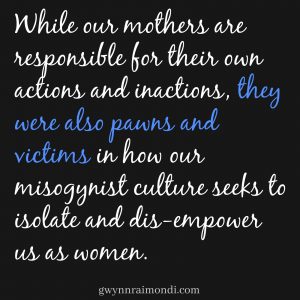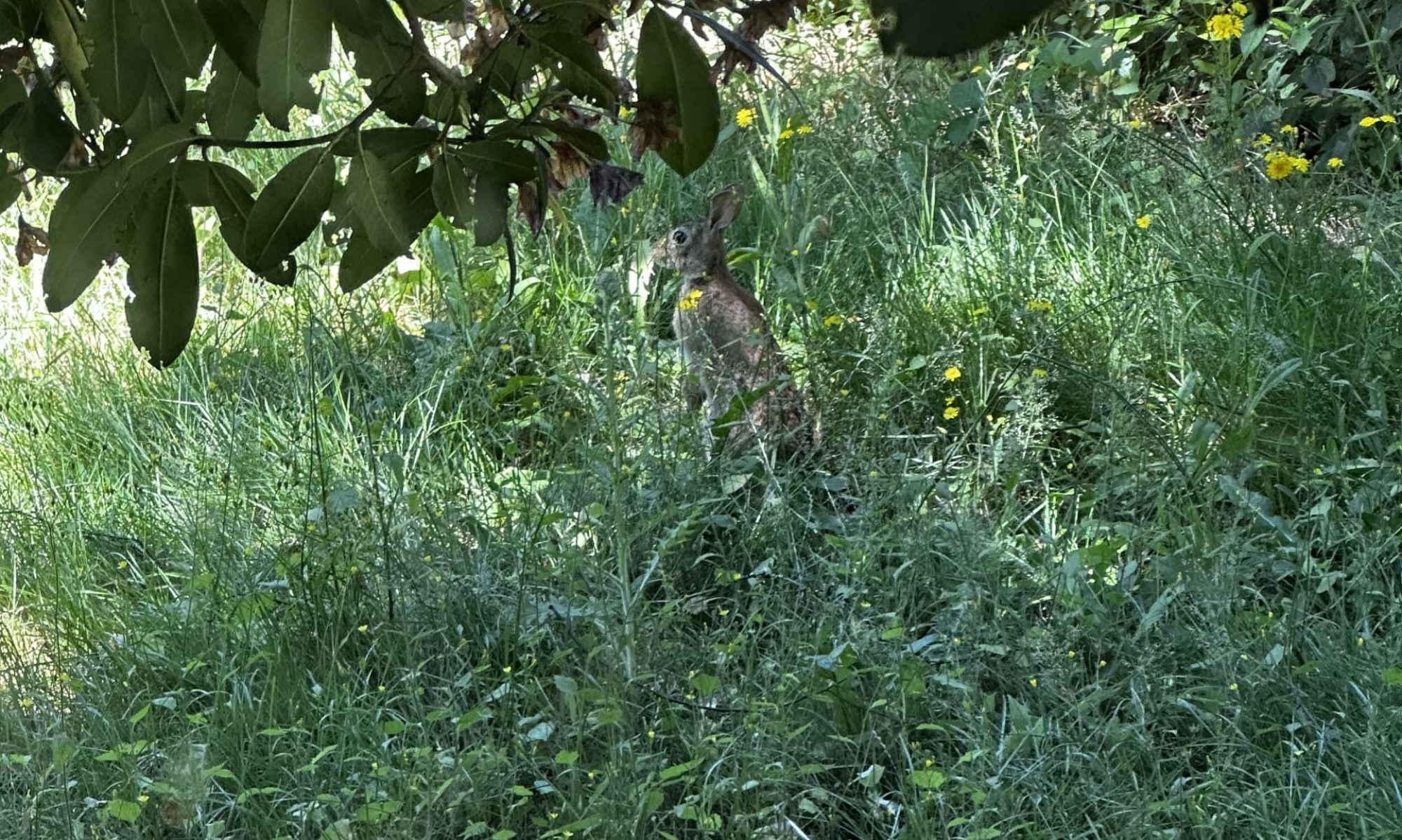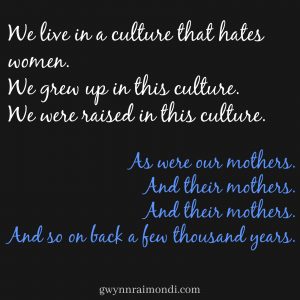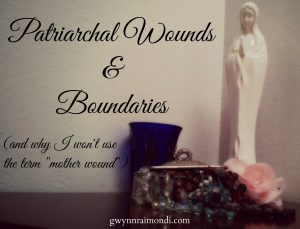The other day I googled “mother daughter relationships” just to see what would pop up. Unsurprisingly there were pages and pages of How to Fix Your Mother Daughter Relationship types articles with some Signs Of A Toxic Mother Daughter Relationship pieces mixed in. The truth that mother-daughter relationships tend to be challenging is relatively well known, at least to any women who have mothers, which is, well, all of us.
My own relationship with my mother was traumatizing at its worst and complicated at it’s best. She was both physically and psychologically abusive during my childhood. There was abuse yes and there was also neglect, and these formative years have had their impact on me, for sure.
When I was fifteen my mother got involved in the then popular “Tough Love” movement and by the time I turned 17 she stopped talking to me. Her silence lasted for six years, and I know it only ended because of the pressure my grandmother (her mother) put on her to make amends.
We spent the next decade plus trying to find our way together. My mother did apologize for the abuse she inflicted on me and to her credit she truly did work hard to repair our relationship. In truth it was only after the birth of my own daughter that I began to truly forgive my mom and understand the challenges and hardships of what it means to be a parent. For the fourteen months immediately after the birth of my daughter our relationship did deepen in ways I would have never thought possible.
And then she went out of remission, the cancer she had fought mostly on her own five years prior came back and all too soon she died.
There is more to the story of course than what I have written here. There always is.
I grew up never knowing if my mother loved me or even wanted me. And then when my own daughter was born I knew that she did, she always had, and she simply didn’t have the tools or support to be the mother I needed let alone the mother she actually wanted to be.
This is not to make excuses or to minimize my own pain and trauma. Rather it is a statement of facts. Facts that took a very long time for me to see or understand.
My relationship with my mother of course informs my relationship with my daughter today. From the beginning of my daughter’s life I knew exactly what I never wanted to do but didn’t always know what I did want to do or rather, how to do it. Throughout her almost ten years the young woman born from my womb has given me lessons and pushed me and expanded me and healed me in ways I never knew possible. And, thankfully, so deeply gratefully, I am in a place where I can receive those lessons, where I can learn and stumble and make mistakes and make amends and do everything I can to do different the next time.
I think if my mother would have had a husband who was actually supportive or had the support instead of the ridicule of her own mother she would have done the same – she would have fought for us and our relationship from the beginning. But that was not our reality, it was not to be our experience as mother and daughter.
And so I have taken those painful lessons and apply them as best I can today.
This work of unraveling the pain and trauma of my own relationship with my own mother and trying to create a different paradigm with my daughter, has lead to a deeper understanding of how our culture does not support women, and perhaps especially mothers. I have learned about intergenerational trauma and the wounding that is passed down generation after generation, both in our DNA and through the ways we relate with our mothers and they with us (and in turn the way we relate with our own daughter s).
s).
What I have come to realize is that the strife and frustration and trauma of the mother daughter relationship is both an act of survival and an act of oppression. In understanding how our own mothers, and their mothers, and theirs, and theirs, and so back several thousand years, were disregarded and dehumanized and in understanding what they, our feminine ancestors, had to do to not only insure their own survival but also the survival of their daughters, it is clear that this wounding that is passed down – from physical abuse to psychological abuse to all in between and beyond – was a way of trying to keep the daughters in-line so they would survive. This is something that scholars call the “Patriarchal Bargain” – what we give up for a sense of safety; what our mothers gave up and what they taught us to give up.
And while our mothers are responsible for their actions and inaction, they were also pawns and victims in how our misogynist culture seeks to isolate and dis-empower us as women.
We live in a culture that is terrified of women. This terror shows up as hatred. It shows up in the fact that we are paid a lessor wage. It shows up in the ways we are told over and over that we don’t know or understand our own bodies. It shows up in the ways it tells us over and over that women are untrustworthy, are manipulative, are sinful, are evil.
One of the most powerful messages our culture gives us are the ones about how women are untrustworthy. These messages show up in our media, through the encouragement of “mean girl” behavior, through the very facts that our own mothers in many ways betrayed us to a culture that hates us (as did their mothers, and their mothers, etc), in the ways we encourage competition and have a cultural scarcity complex (there isn’t enough for everyone so you’d best step on everyone else to make sure you get yours).
This message isolates us. It isolates us from our mothers and our daughters. It isolates us from our sisters and our aunties.
And in this isolation we lose not only relationships with other women, we lose our relationship with our Self.
Our mothers and grandmothers treated their daughters the way they did because of a deep trauma and thousands year old fear of what will happen when their girl-child goes out into the world. The knowledge and fear of how women are raped and beaten and murdered by the men who claim to love them. The knowledge and fear that we are not only not safe out on the streets or at a bar or at a party alone, we aren’t safe in our own homes. The knowledge and fear that statistically speaking the pains and secrets of their own lived experiences will also be pains experienced by their daughters.
I talk even more about the complexity and intricacy of mother-daughter relationships in this 20-minute video below. I hope you enjoy it.
This essay and video are the first in my three-part series Unleashing Our Self as an introduction to the topics we’ll be unearthing, examining, dislodging and embracing in the six month circle Unleashing Our Mothers, Unleashing Our Selves. We begin April 1. If you are interested, you can learn more and request an application here. xoxo
If you’d like to read the second essay and watch the second video in the series, you can click right over here and you can read and view the third one right here.


 Boundaries and our ancestors and patriarchal wounds. These things are so intertwined.
Boundaries and our ancestors and patriarchal wounds. These things are so intertwined.